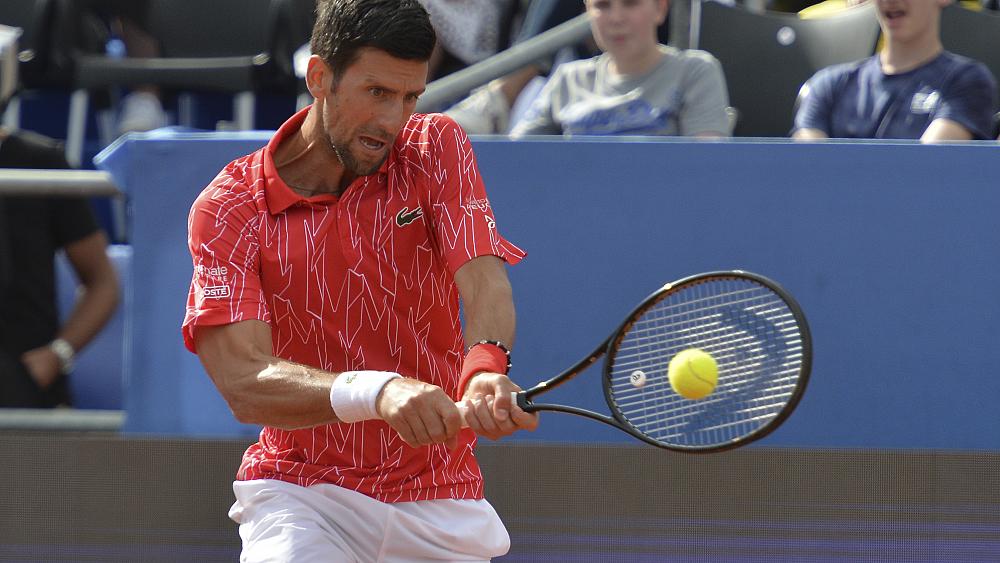The members of Europe’s socialist and democratic family call on the European Council to endorse the Commission’s “Next Generation EU” plan, and adopt documents on fighting racism and on affordable healthcare
Meeting by videoconference, the PES Presidency today adopted a declaration calling for an ambitious Recovery Fund so the EU can overcome the COVID-19 crisis and move towards a green, social, digital, gender-equal, inclusive and sustainable future.
After the Declaration was adopted, PES President Sergei Stanishev said:
“Three months ago, no one would have expected that this pandemic would become the biggest stress test of European societies in decades. It is the duty of Europe’s leaders to live up to this historic moment, to do their duty and to act together and set the recovery in motion.
“Socialists and democrats want to see the recovery in action, and fast. Our member states cannot afford to wait. The European Council must back the recovery plan at its next meeting. Further delay will be damaging for the citizens, businesses and communities which have been hit hard.
“Our political family is clear: the recovery must pave the way for a fairer and more sustainable society. We cannot afford to repeat the mistakes of 2008. Our societies will not survive further rounds of austerity. We need a proper recovery which protect jobs and moves us towards a carbon-free, digital, democratic and gender equal future.”
The declaration adopted by the Presidency – Saving lives, saving jobs – PES strategy to contain and recover from the COVID-19 crisis – summarises the collective ambitions of the socialist and democratic family to achieve a fair and sustainable recovery from the COVID-19 crisis.
Alongside a fair and sustainable recovery, affordable and quality healthcare for all and the fight against racism were also on the agenda of today’s PES Presidency meeting.
The Affordable quality healthcare for all declaration focuses on the important lessons that must be learnt from COVID-19, including guaranteeing universal access to affordable and quality healthcare to all citizens. The final declaration – The PES stands strong against racism, xenophobia and discrimination – reaffirms the socialist and democratic family’s commitment to the fight against racism.
At the Presidency PES Women reiterated its call for the creation of a formal Council configuration for Gender Equality.









